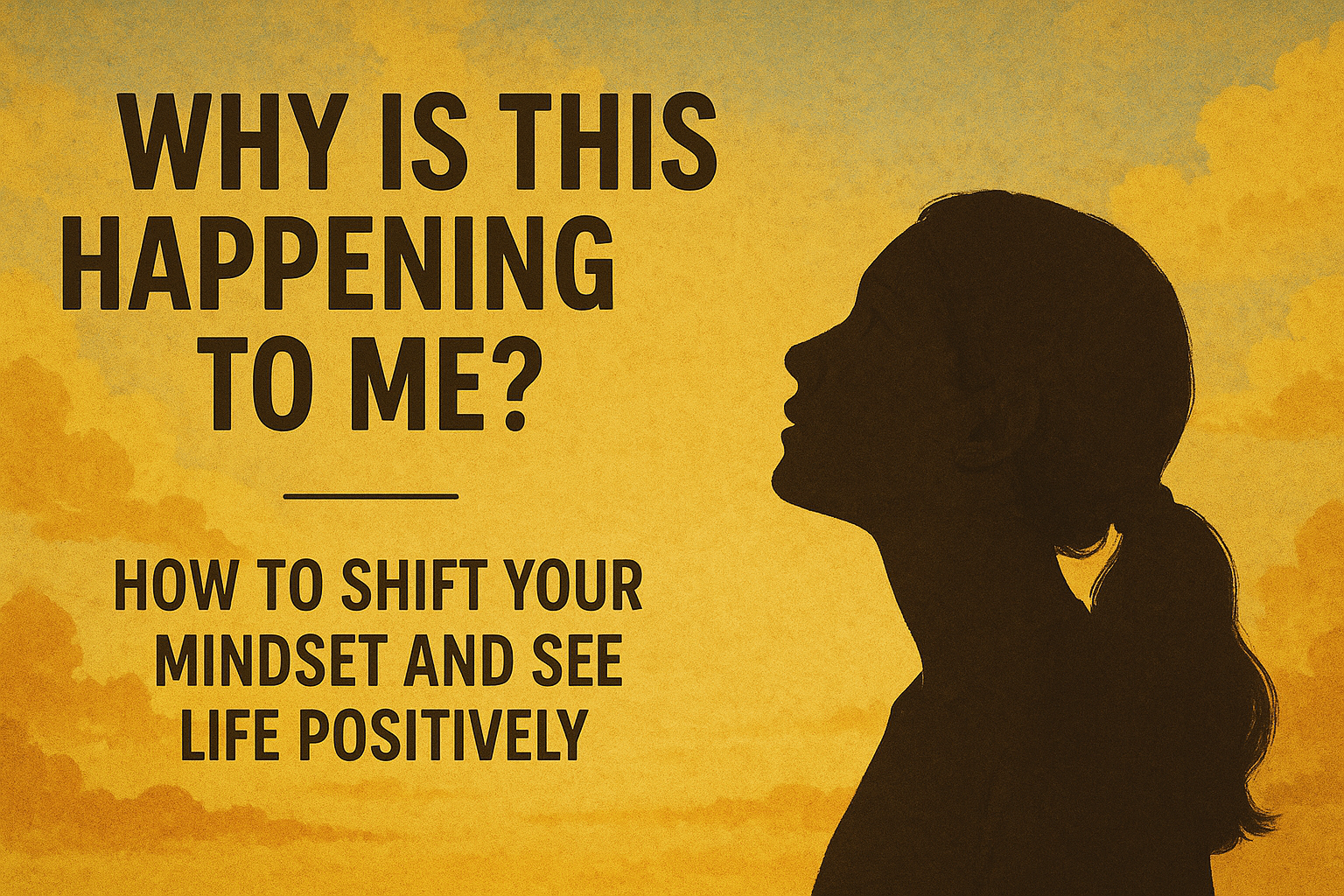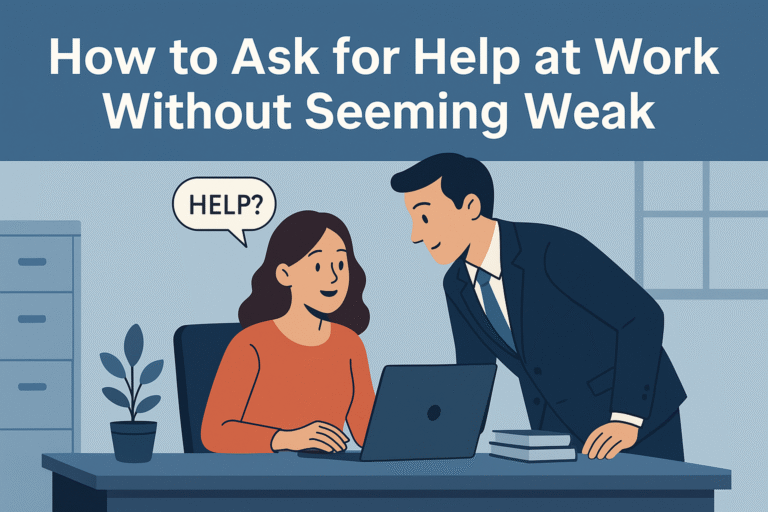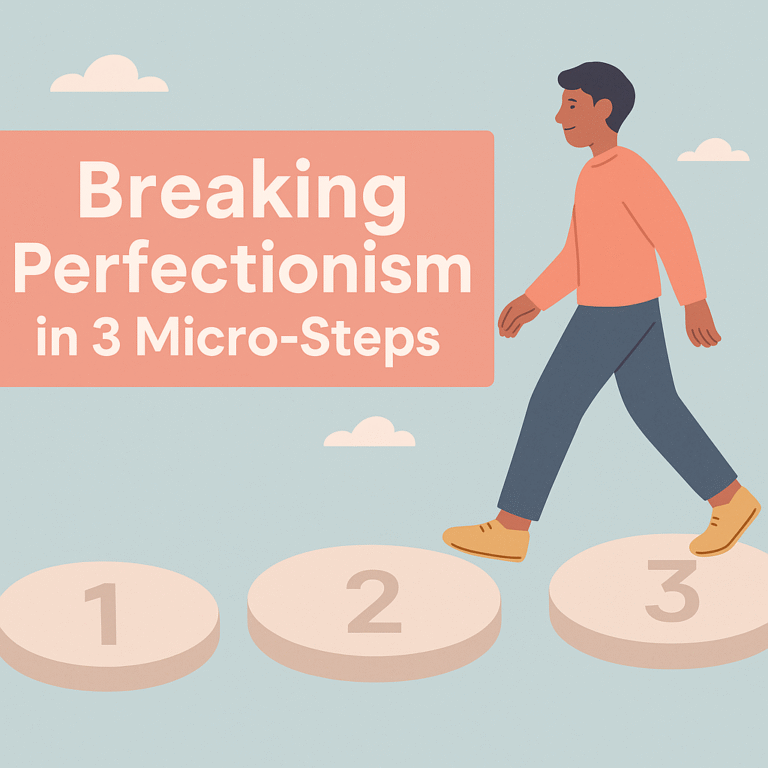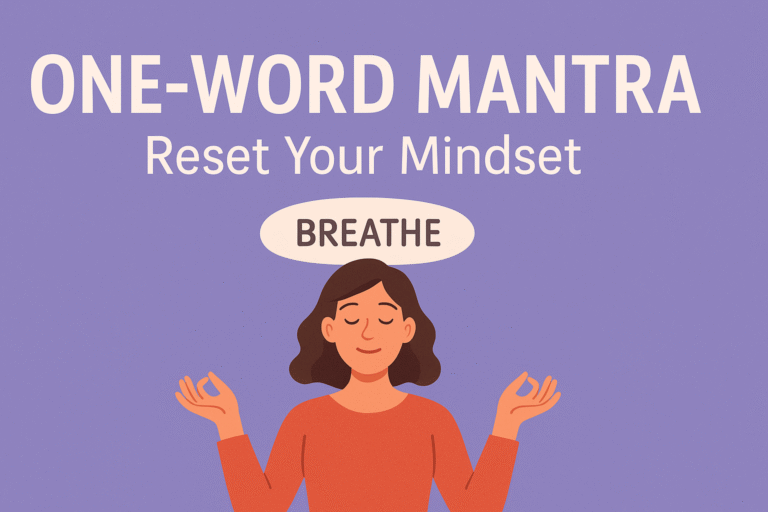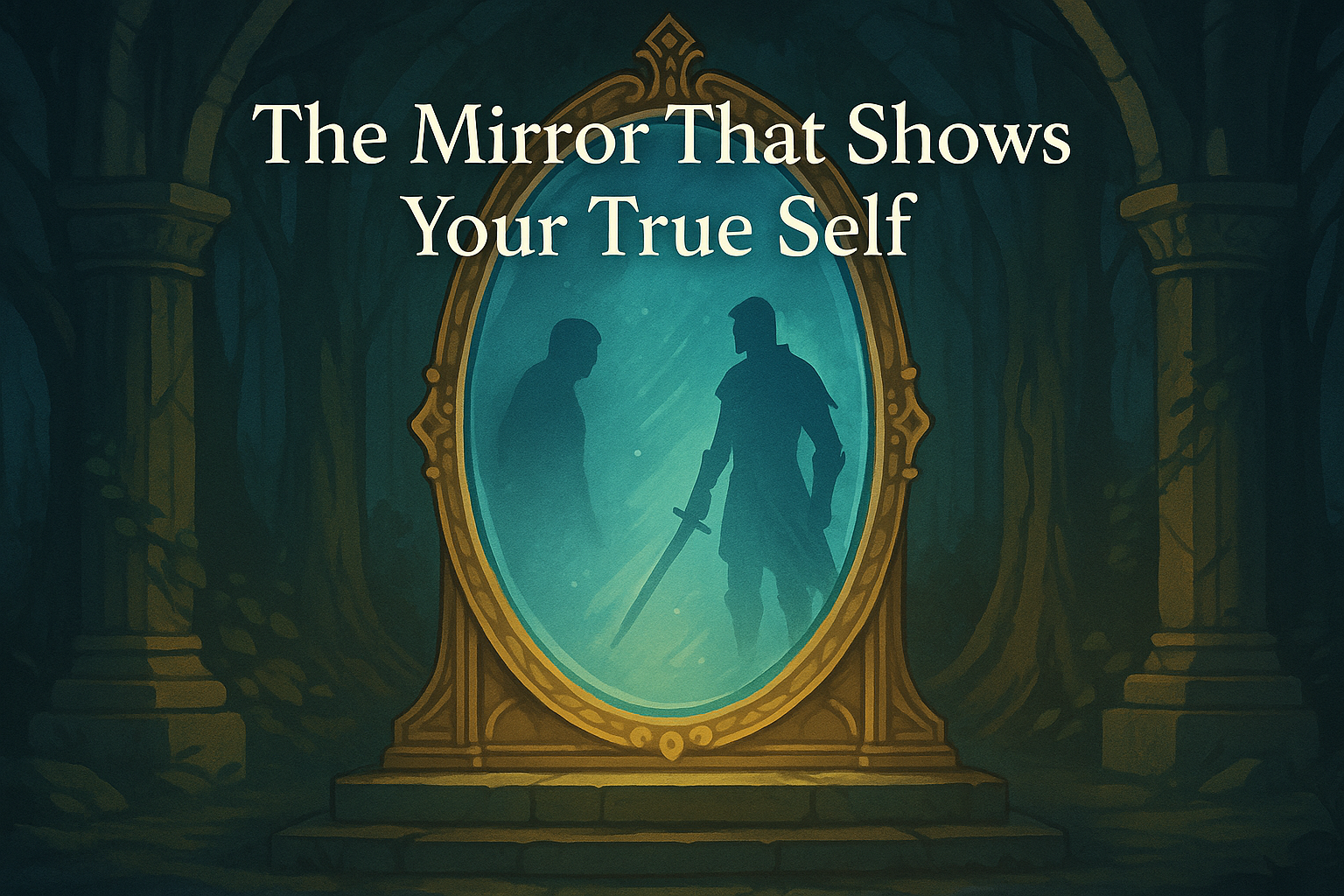Why Is This Happening to Me? – How to Shift Your Mindset and See Life Positively
Hello, my friend! Thank you for choosing the Read and Reflect.
Introduction: What You’ll Learn Here
Have you ever sat with your head in your hands and asked,
“Why is this happening to me?”
In this blog post, we’re going to explore that powerful, painful question. You’ll learn:
- Why we feel stuck or singled out during tough times
- The deeper meaning behind your challenges
- How to shift your perspective from pain to power
- 5 powerful mindset tools to help you see life from a positive lens
- A surprising research insight on how positive thinking changes your brain
By the end of this post, I hope you not only find answers —
but also the strength to rise above what’s trying to break you.
One of the best books for living a positive, empowered life : The Power of Now by Eckhart Tolle
How People Find This Topic
People usually stumble upon this question in moments of emotional overwhelm. You might search online after:
- A breakup or betrayal
- Losing a job or facing failure
- Feeling stuck in a loop of bad luck
- Dealing with mental health struggles
- Losing someone you love
It’s one of the most searched emotional questions online — and not because people are weak, but because they’re human.
Most-Searched Question: “Why do bad things keep happening to me?”
This is Google’s most frequently searched variation of the topic.
And here’s the truth:
Bad things don’t happen to you because you’re cursed, unlucky, or broken.
They happen because life is a mix of ups and downs, and sometimes, we’re handed the hard parts first — not to punish us, but to prepare us.
5 Deep Truths to Help You See Life from the Positive Side
1. Pain Has a Purpose – It Pushes You to Grow
Just like a seed has to break before it grows, sometimes we have to go through painful moments before blooming into our full potential.
Life is designed with highs and lows for a reason — without the contrast, we wouldn’t understand how precious joy truly is.
Don’t resist the storm. Learn to dance in the rain.
2. Your Brain Is Wired to Notice Negativity – But You Can Train It Otherwise
It’s called negativity bias. Our brains are hardwired to notice danger and problems more than peace and blessings.
But here’s the good news:
You can retrain your brain. Start by practicing gratitude. Even when things feel chaotic, pause and ask:
“What blessings do I still have?”
This simple shift helps you notice how wide, beautiful, and full of opportunity this world still is — even if a small stone of pain tries to block your view.
Try this: Every night, write down 3 things that went well.
3. You Are Not Alone – Everyone Feels This at Some Point
When we suffer, we often feel isolated — as if the universe is targeting us. But the truth is, everyone you know is fighting something you can’t see.
You are not the only one with pain. You are not broken. You are human.
And the fact that you’re still here, still reading, means you’re stronger than you realize.
So instead of asking “Why me?”, ask:
“What can I learn from this that might help someone else one day?”
4. This Isn’t the End – It’s a Part of Your Story
What feels like an ending might just be a redirection.
A breakup, a job loss, or a breakdown might simply mean:
This wasn’t your path to begin with.
Don’t quit the story when the chapter gets hard. Instead:
- Change the approach, not the destination.
- Adjust the path, not the dream.
- Sometimes, you have to break the door down, not wait for it to open.
Your greatest chapter might be right after this one.
5. You Can’t Control Everything – But You Can Control Your Response
Life isn’t fair sometimes. We can’t choose every event, every person, or every challenge we face.
But we can choose our mindset.
We can choose whether we’ll respond with defeat — or with resilience.
Here’s what to ask yourself:
- What is this situation trying to teach me?
- How can I become wiser, calmer, or stronger from this?
- What version of me does this challenge require?
Choosing to respond with clarity instead of chaos is how you reclaim your power.
Remember: You are not what happened to you. You are how you rise after it.
What Research Says: Positive Thinking Actually Changes Your Brain
According to research by Dr. Barbara Fredrickson from the University of North Carolina, positive thinking doesn’t just make you “feel better” — it actually:
- Expands your brain’s ability to solve problems
- Increases emotional resilience
- Helps you bounce back quicker from trauma
Another study in the Journal of Personality and Social Psychology found that people who practice gratitude and optimism are more likely to heal from emotional setbacks and grow stronger through adversity.
In short: Your thoughts are building your future. Make sure they’re working for you — not against you.
Explore More Lessons
- How Zhuge Liang Outsmarted a Thousand Soldiers with Nothing but His Reputation
- Heaven and Hell: A Zen Parable
- The Bridge of Kindness: A Simple Story for Everyone
Final Thoughts: The Storm Won’t Last Forever
When life feels heavy, tell yourself this:
“This is not the end of me. It’s the making of me.”
Every storm you’ve faced has shaped you. And this one — like all the others — will pass too.
So next time you whisper, “Why is this happening to me?”
Try changing it to:
“What is this preparing me for?”
“Sometimes life doesn’t give you what you want — not because you don’t deserve it, but because you deserve more.”
If this post helped shift your mindset, please share it with someone going through a tough time.
You never know whose light you might help reignite.
👉 Get The Power of Now on Amazon
Discover more from ReadAndReflect
Subscribe to get the latest posts sent to your email.

